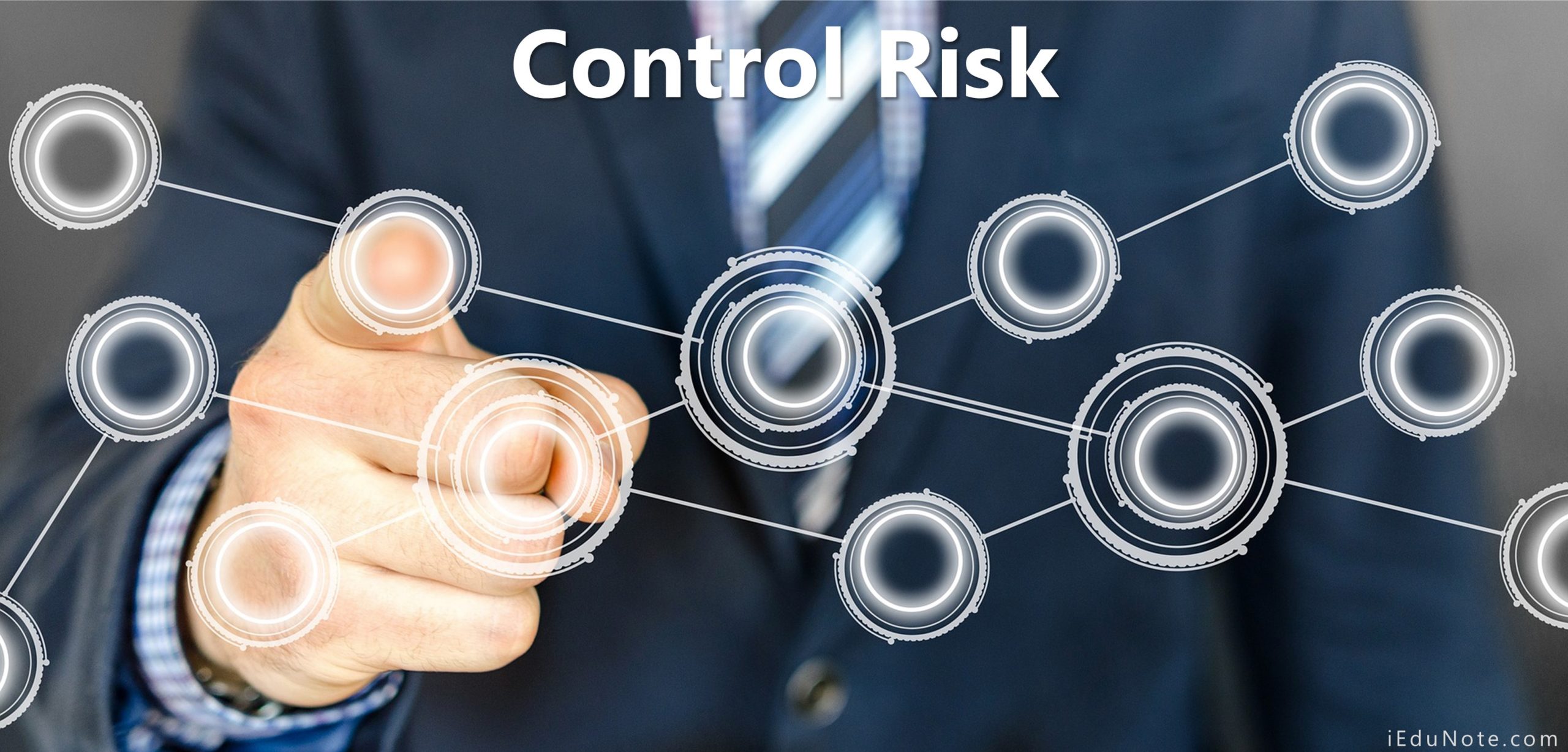
The management of education is an important activity in education. Collaboration is key to the success of this process. This collaboration involves sharing information and goals, as well as with faculty. You can also exchange feedback. Technology has become an important ally in the management of education. Digital technologies make it possible to manage education systems. This article discusses some of the ways technological innovation can be used to benefit educational institutions.
Principles of democratic educational administration
School administrators must encourage student participation in educational decisions according to democratic educational management principles. They need to recognize that teachers value the freedom to express themselves and are often frustrated by being denied this right. Teachers should be able to express their individual intelligence and make decisions that affect their school. This is critical to their success.
As educational administrators, we must seek to implement democratic educational management by consulting with community members, specialists, and students. This will ensure a stable social environment in our school. We also need to stress the importance and relevance of democratic dayto-day happenings for our students. These are just some of the principles that guide educational decisions.

The sharing principle encourages all members of educational institutions to share responsibilities. This principle will encourage everyone to feel a shared responsibility for the school’s success. Teachers, students, and administrators are all equally responsible for the quality of education. Planning becomes an equal effort by all involved.
Educational management requires qualified professionals
Education is in dire need of qualified educational managers. Many of these professionals work as administrators or teachers. No matter what their role is, education management professionals must have the ability to lead and manage a group. These professionals work closely with students, teachers, and staff.
An education management career requires that you have diverse skills. You need leadership skills, research skills, as well as an understanding of the latest trends in education. You should also have experience in applying new concepts to real-world settings. This is why professional experience and advanced degrees are so important. Bradley University offers an Ed.D. online. The program is designed for professionals who are interested in advanced degrees in educational management and gaining experience in the field. The program's experts share their knowledge and allow for flexible scheduling.
An educational management graduate degree is essential for many education management positions. This program addresses issues pertinent to this field. These include diversity and community, curriculum development, management, and curriculum. Students will also learn about financial reporting and human resources.

Management challenges in education
Education management in today's complex world presents many challenges. Many of them involve a shift away form a traditional focus on learning and teaching to a more holistic approach to students' needs. In other words, education today must adapt to the changing world around us, while maintaining our current practices.
The world of education is constantly changing, and it is vital that educational institutions remain efficient and effective. There are many challenges facing educational institutions, including the need to manage teams and projects effectively. Education projects are often inherently complex, with multiple stakeholders and a diverse range of personalities. Education must be able keep up with growing demands for educational services. There are many techniques for educational project management that can assist educators to overcome these problems and ensure the success or educational projects.
The challenges facing educational management also include the need to adapt to new technologies and rapidly changing social structures. Technology has significantly changed the nature of learning, and educational management needs to adapt to these changes.
FAQ
What is the difference between project and program?
A project is temporary while a programme is permanent.
Projects usually have a goal and a deadline.
It is usually done by a group that reports back to another person.
A program is usually defined by a set or goals.
It is usually implemented by a single person.
What are management concepts, you ask?
Management concepts are the fundamental principles and practices that managers use when managing people and their resources. They cover topics like job descriptions (job descriptions), performance evaluations, training programmes, employee motivation and compensation systems.
How do we build a culture that is successful in our company?
A culture of respect and value within a company is key to a productive culture.
It is based on three principles:
-
Everyone has something to contribute
-
People are treated fairly
-
Respect is shared between individuals and groups
These values are evident in the way that people act. For example, they will treat others with courtesy and consideration.
They will listen respectfully to the opinions of others.
And they will encourage others to share ideas and feelings.
Company culture also encourages open communication, collaboration, and cooperation.
People feel free to express their views openly without fear of reprisal.
They understand that mistakes can be forgiven as long as they're dealt with honestly.
Finally, the company culture promotes integrity and honesty.
Everyone knows that they must always tell truth.
Everyone recognizes that rules and regulations are important to follow.
Everyone does not expect to receive special treatment.
What role does a manager have in a company's success?
Managers' roles vary from industry to industry.
The manager oversees the day-to-day activities of a company.
He/she ensures that the company meets its financial obligations and produces goods or services that customers want.
He/she is responsible for ensuring that employees comply with all regulations and follow quality standards.
He/she designs new products or services and manages marketing campaigns.
Why is project management so important?
Project management techniques are used to ensure that projects run smoothly and meet deadlines.
This is because most businesses rely heavily on project work to produce goods and services.
These projects require companies to be efficient and effective managers.
Companies that do not manage their projects effectively risk losing time, money, or reputation.
What are the 3 main management styles?
The three major management styles are authoritarian (left-faire), participative and laissez -faire. Each style has its strengths and weaknesses. Which style do yo prefer? Why?
Autoritarian – The leader sets the direction for everyone and expects them to follow. This style works well if an organization is large and stable.
Laissez-faire is a leader who allows everyone to make their own decisions. This style works best when an organization is small and dynamic.
Participative - The leader listens to ideas and suggestions from everyone. This style works best in smaller organizations where everyone feels valued.
Statistics
- Your choice in Step 5 may very likely be the same or similar to the alternative you placed at the top of your list at the end of Step 4. (umassd.edu)
- Our program is 100% engineered for your success. (online.uc.edu)
- Hire the top business lawyers and save up to 60% on legal fees (upcounsel.com)
- 100% of the courses are offered online, and no campus visits are required — a big time-saver for you. (online.uc.edu)
- UpCounsel accepts only the top 5 percent of lawyers on its site. (upcounsel.com)
External Links
How To
How can Lean Manufacturing be done?
Lean Manufacturing uses structured methods to reduce waste, increase efficiency and reduce waste. They were developed in Japan by Toyota Motor Corporation (in the 1980s). The goal was to produce quality products at lower cost. Lean manufacturing seeks to eliminate unnecessary steps and activities in the production process. It includes five main elements: pull systems (continuous improvement), continuous improvement (just-in-time), kaizen (5S), and continuous change (continuous changes). It is a system that produces only the product the customer requests without additional work. Continuous improvement refers to continuously improving existing processes. Just-in time refers to components and materials being delivered right at the place they are needed. Kaizen refers to continuous improvement. It is achieved through small changes that are made continuously. Last but not least, 5S is for sort. These five elements are used together to ensure the best possible results.
Lean Production System
Six key concepts form the foundation of the lean production system:
-
Flow - focus on moving material and information as close to customers as possible;
-
Value stream mapping- This allows you to break down each step of a process and create a flowchart detailing the entire process.
-
Five S's, Sort, Set in Order, Shine. Standardize. and Sustain.
-
Kanban – visual signals like colored tape, stickers or other visual cues are used to keep track inventory.
-
Theory of constraints: Identify bottlenecks and use lean tools such as kanban boards to eliminate them.
-
Just-in Time - Send components and material directly to the point-of-use;
-
Continuous improvement - incremental improvements are made to the process, not a complete overhaul.